News
-
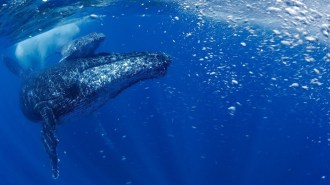 Animals
AnimalsHumpback whales in the South Atlantic have recovered from near-extinction
A new count shows the population off Brazil went from about 450 in the 1950s to some 25,000 today.
-
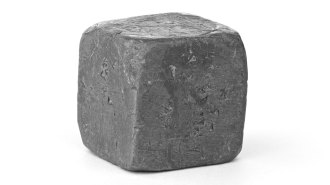 Materials Science
Materials ScienceLead becomes stronger than steel under extreme pressures
Lead is a soft metal, easily scratched with a fingernail. But that changes dramatically when the metal is compressed under high pressures.
-
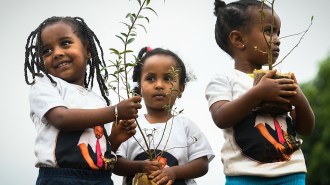 Climate
Climate5 things to know about fighting climate change by planting trees
One group’s idea of planting vast swaths of trees to curb climate change exaggerates the proposal’s power to trap carbon, some argue.
By Susan Milius -
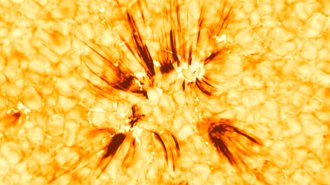 Space
SpaceRealigning magnetic fields may drive the sun’s spiky plasma tendrils
Solar spicules emerge near counterpointing magnetic fields, hinting that self-adjusting magnetism creates these filaments, which may heat the corona.
-
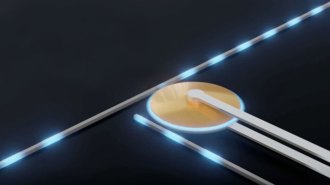 Tech
TechA tiny switch could redirect light between computer chips in mere nanoseconds
Microscopic switches that ferry information using light, not electric current, could help create better, faster electronics.
-
 Climate
ClimateCalifornia landfills are belching high levels of climate-warming methane
Airborne remote sensing spots the Golden State’s biggest emitters of the potent greenhouse gas from the sky.
-
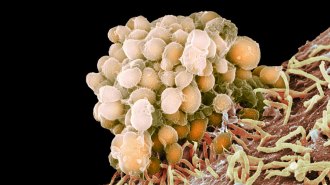 Health & Medicine
Health & MedicineDrug-resistant microbes kill about 35,000 people in the U.S. per year
The latest CDC report on drug-resistant microbes finds that these pathogens infect close to 3 million people in the United States each year.
-
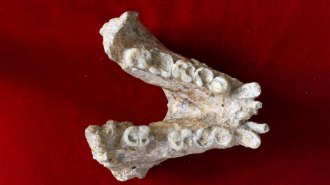 Animals
AnimalsA tooth fossil shows Gigantopithecus’ close ties to modern orangutans
Proteins from the past help clarify how an ancient Asian ape that was larger than a full-grown, modern male gorilla evolved.
By Bruce Bower -
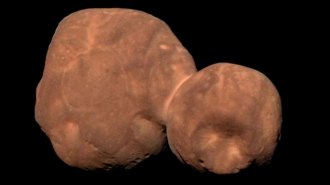 Space
SpaceNASA gave Ultima Thule a new official name
The distant world briefly visited by New Horizons is now called Arrokoth, a Powhatan word that means “sky.”
-
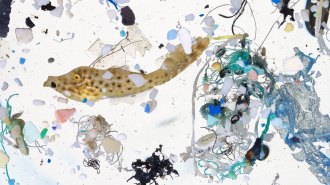 Earth
EarthPlastics outnumber baby fish 7-to-1 in some coastal nurseries
Ocean slicks serve as calm, food-rich nurseries for larval fish. A new study shows that slicks also accumulate plastics, which get eaten by baby fish.
-
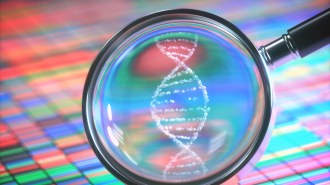 Science & Society
Science & SocietyWhy a warrant to search GEDmatch’s genetic data has sparked privacy concerns
A search warrant issued by a state judge in Florida gives police access to DNA profiles of over a million Americans in a public genealogy database.
-
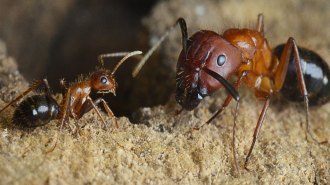 Animals
AnimalsFlipping a molecular switch can turn warrior ants into foragers
Toggling one protein soon after hatching makes Florida carpenter ants turn from fighting to hunting for food.
By Jake Buehler